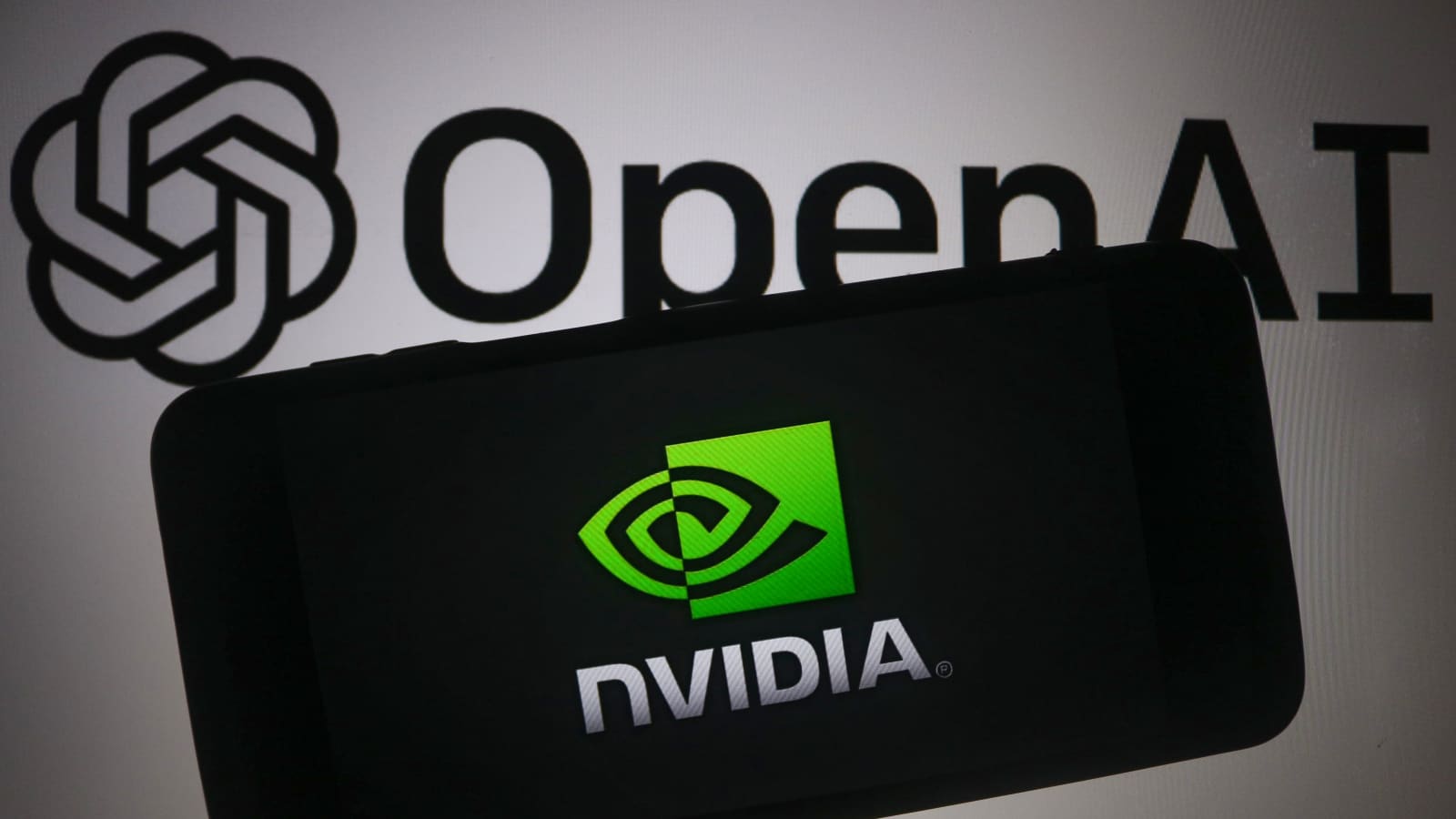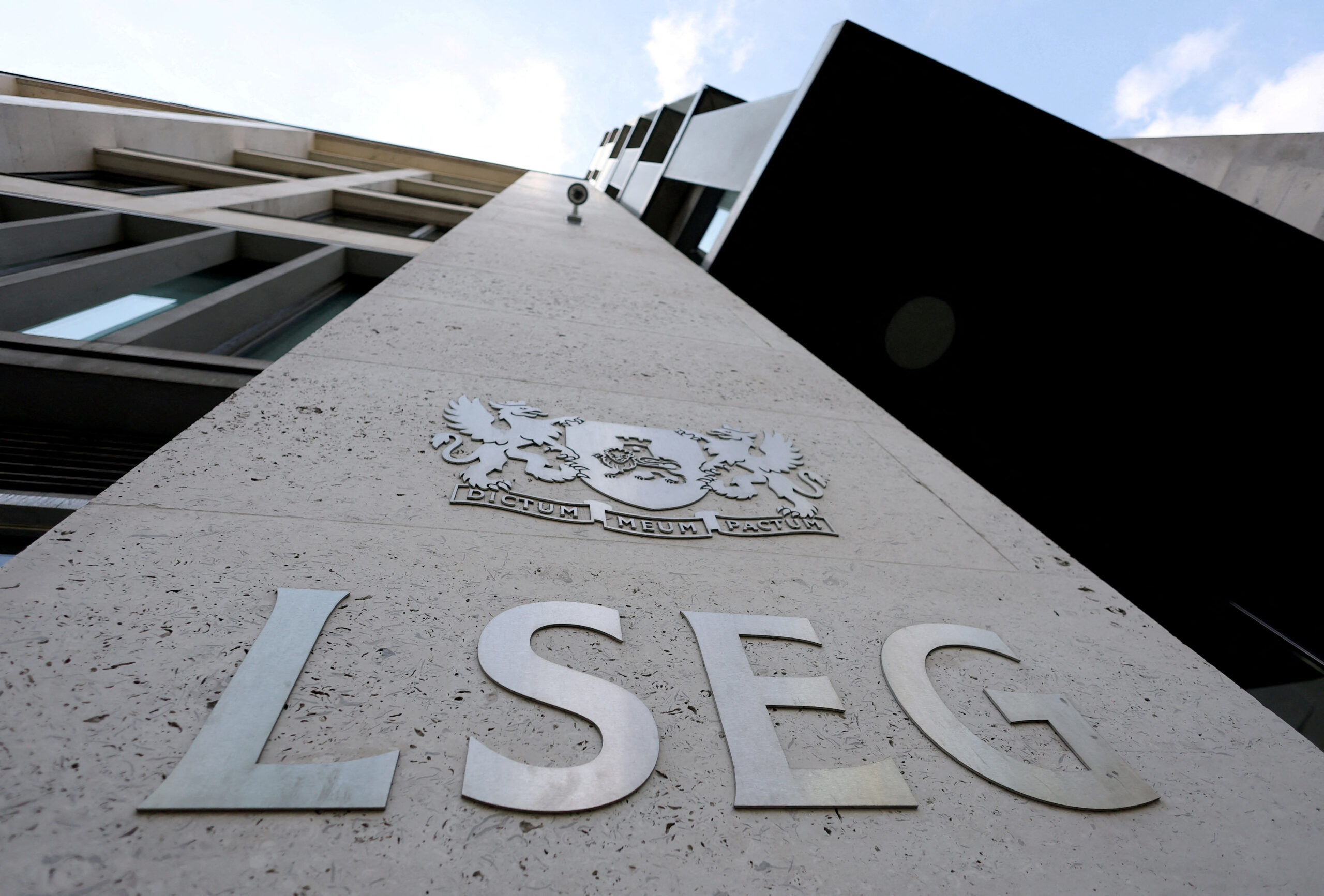Nvidia and OpenAI’s $100bn deal ignites global semiconductor rally
Nvidia’s announcement of a $100 billion deal with OpenAI triggered a surge in global chip stocks on Tuesday, lifting markets from Asia to Europe. The investment will see OpenAI deploy Nvidia systems requiring an estimated 4 to 5 million GPUs, powered by 10 gigawatts of electricity, according to Nvidia chief executive Jensen Huang. The deal underscores the scale of demand for advanced chips as artificial intelligence accelerates globally. It also highlights Nvidia’s central role in shaping the future of AI infrastructure. Analysts say the size of the commitment reflects confidence in long-term growth.
The news fueled a wave of optimism on Wall Street, quickly spreading to Asia where key Nvidia suppliers enjoyed sharp gains. Taiwan Semiconductor Manufacturing Co., which fabricates chips for Nvidia, closed 3.5% higher in Taipei trading. In South Korea, SK Hynix climbed more than 2.5%, while rival Samsung added 1.4% amid speculation it could soon win approval to supply Nvidia with high-bandwidth memory. In Japan, equipment maker Tokyo Electron also finished higher, buoyed by expectations of stronger demand. The rally reflected investor confidence in the resilience of the semiconductor supply chain.
Analysts noted that enthusiasm extended beyond Nvidia’s direct partners to broader semiconductor sectors across Asia. The scale of the OpenAI deal was interpreted as proof that AI-related investment remains robust despite economic headwinds. “Ultimately this is a broad market with lots of suppliers. It certainly isn’t a zero-sum game with only one winner,” Ben Barringer, a global technology analyst at Quilter Cheviot, told CNBC. Investors appeared to view the move as a rising tide that would lift many players. Some, however, warned smaller competitors could face short-term pressures.
The optimism in Asia carried over to European markets, though results were more mixed across the continent. Chipmakers such as STMicro, Infineon and BE Semiconductor rose modestly in early trade, reflecting upbeat sentiment. But equipment maker ASM International warned its fourth-quarter revenue could fall short of forecasts, sending its shares sharply lower. The warning dragged down other names in the sector, including Dutch giant ASML, whose lithography machines are vital for advanced semiconductor production. Market analysts said volatility was expected given uneven demand signals.
Still, European analysts stressed the long-term benefits of the Nvidia-OpenAI deal for equipment suppliers closely tied to advanced manufacturing. “The strengthening of the AI ecosystem is particularly beneficial to equipment manufacturers like ASML and ASMI,” said Stephane Houri, head of equity research at ODDO BHF. “They will all benefit at some point from solid demand from TSMC, which manufactures Nvidia’s advanced chips.” The rally has reinforced optimism that the AI trade remains alive, highlighting the strategic importance of semiconductors to the global economy.
Source: CNBC.
news via inbox
Get the latest updates delivered straight to your inbox. Subscribe now!




